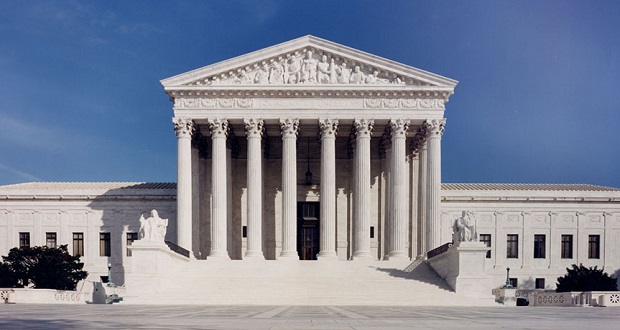
The U.S. Supreme Court recently heard arguments over whether Southwest baggage handlers are “engaged in interstate commerce” and therefore exempt from the Federal Arbitration Act.
The Arbitration Act generally requires courts to uphold contracts that include forced arbitration clauses. However, the act excludes “seamen, railroad employees, or any other class of workers engaged in foreign or interstate commerce.”
Just how broadly or narrowly the Court defines that exemption is of significant concern to businesses, as it determines who can pursue class action claims in court. Such claims can lead to multi-million-dollar judgments and settlements, well in excess of arbitration outcomes.
The case stems from a suit brought by a ramp supervisor at Chicago’s Midway International Airport. The supervisor claimed Southwest had failed to pay overtime to her and other workers. Southwest moved to dismiss the case and take the supervisor’s claim to arbitration.
The 7th U.S. Circuit Court of Appeals ruled that the exemption applied to Southwest’s ramp supervisors, finding they did engage in interstate commerce, even though they didn’t personally cross state lines. The 5th Circuit took the opposite view in 2020, ruling that Lufthansa baggage supervisors were too removed from interstate commerce to qualify.
At oral arguments, the justices questioned whether other airline jobs would qualify for the exemption, bringing tugboat operators, delivery drivers, and warehouse employees into the discussion as well.
“Why wouldn’t we naturally understand someone who is loading and unloading cargo from interstate commerce to be involved in interstate commerce?” Justice Neil Gorsuch asked. During this line of inquiry, the justices appeared concerned about applying the exemption too broadly.
Other courts have addressed the Arbitration Act exemption in recent years, including its application to Amazon delivery workers and Uber drivers. The Supreme Court, however, has not taken up the issue since 2001.
Earlier this year, Congress passed bipartisan legislation outlawing mandatory arbitration in sexual harassment and sexual assault claims. President Joe Biden signed the bill in March, indicating he was altogether opposed to mandatory arbitration in workplace disputes.
 New England Biz Law Update
New England Biz Law Update
